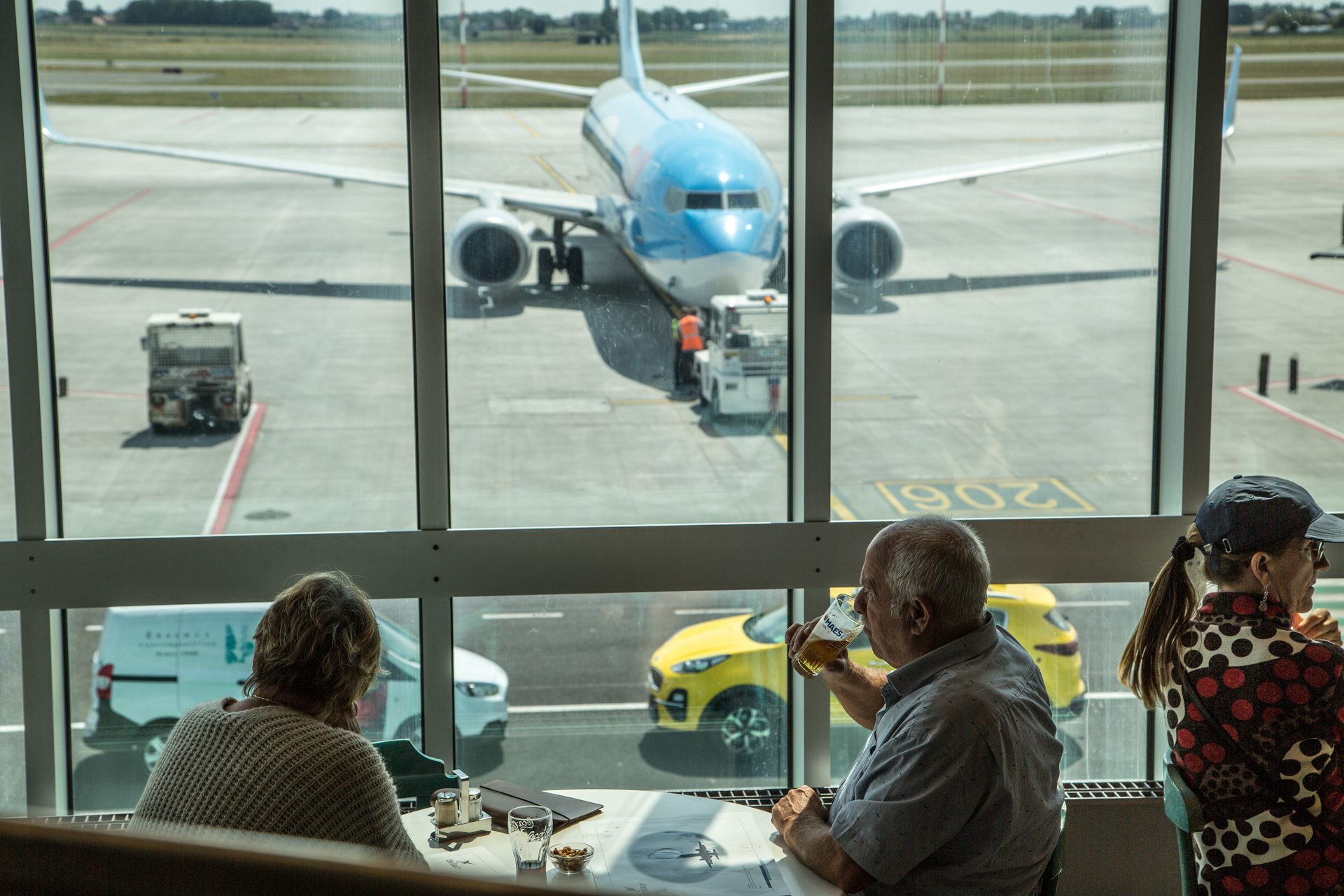Back in the office after the holidays and already needing a break from your colleagues? You are in the right place..
With some careful planning and your employer's approval, 2025 offers many possibilities to take consecutive days off work in Belgium by maximising annual leave when used in combination with public holidays and weekends.
Employees are legally entitled to a certain amount of statutory holidays, depending on how many days they worked in the previous year – the so-called 'holiday service year'.
"Employees who worked full-time in the previous year are allocated a maximum of 20 days of annual leave," Katleen Jacobs, Business Manager of Legal Consultancy at HR consultancy firm SD Worx, told The Brussels Times.
On top of the statutory holidays, many are also entitled to extra holidays, such as seniority leave (days awarded to employees who work for the same company for a long time). People who work more than the average 38 hours per week are also entitled to working hour reduction days or WTR-days. On average, a Belgian employee has 28.5 holidays.
Employees in Belgium are also entitled to ten paid, official public holidays. In principle, people should not work on these days. In 2025, the public holidays are:
- Wednesday 1 January: New Year's Day
- Monday 21 April: Easter Monday
- Thursday 1 May: Labour Day
- Thursday 29 May: Ascension Day
- Monday 9 June: Whit Monday
- Monday 21 July: Belgium's National Day
- Friday 15 August: Assumption of Mary
- Saturday 1 November: All Saints' Day
- Tuesday 11 November: Armistice Day
- Thursday 25 December: Christmas Day
Making the most of days off
In 2025, there are several possibilities to use holidays strategically.
For example, Easter Monday falls late (21 April). There is also a bank holiday the week after (Labour Day on 1 May). By taking four days off in either the first or second week, people can have nine consecutive days off work. Taking off 2 May results in a four-day weekend. "By taking four days off in both weeks, you have 14 days off, using just eight allocated days."
Taking Friday 30 May – the day after Ascension Day – gives you a long weekend using just one holiday.

People getting ready to go on holiday in a Belgian airport. Credit: Belga / Robbe Vandegehuchte
Meanwhile, if Whit Monday (9 June) is supplemented by four allocated days, this equates to nine consecutive days off. The same can be done for the National Day on 21 July: add four days and you are off for nine days. Taking the week off before the Assumption of Mary (Friday 15 August) will also result in a consecutive period of nine days off while taking just four days.
All Saints' Day falls on a Saturday in 2025, but for most employees, this holiday will be moved to Monday 3 November (a replacement day). Taking four days off after this public holiday will again result in nine consecutive holidays. The following week, Tuesday 11 November is also a public holiday. By using another allocated day on Monday 10 November, you can enjoy 11 days off work by taking just five allocated days off.
Finally, taking the days around Christmas (Thursday 25 December) off gives another nine consecutive days of holidays using just four allocated days.
Not for everyone
An important caveat in this exercise is that not everyone can juggle days in this way. "Employees can't just do whatever they want without taking into account the company they work for and their colleagues," said Jacobs.
In some cases, the holiday periods are defined in advance by the sectors, varying per profession. In others, days are scheduled collectively by the company. "But even if that isn't the case, there must be mutual agreement between the employer and employee to avoid too many people being off at once," Jacobs explained.
Some rules are set out by law: people with school-age children get priority to take leave during school holidays, and everyone is entitled to at least two weeks of uninterrupted holiday between 1 May and 31 October.
Agreements regarding a deadline to apply for holidays are made in the company's labour regulations. "Companies may not allow people to take holidays if there are peak moments of busyness."
Related News
- Goodwill to all: Where can you volunteer in Brussels during the holidays?
- Dreaming of more holidays? How Belgian sectors compare on annual leave
- Weekend Break: Battlefields and beyond in Bastogne
The law states that the 20 statutory holidays have to be used within the year. "But since this year, there has been a slight change in the law," said Jacobs.
"People who are unable to take those holidays because they were already absent – for example due to a period of illness, an accident or maternity leave – can carry them over to the next year."
However, this only applies within a strict framework. For the extra holidays, rules are mostly regulated on sectorally or at company level.

